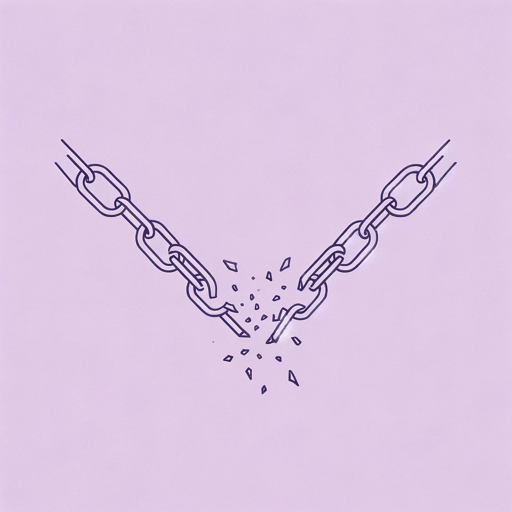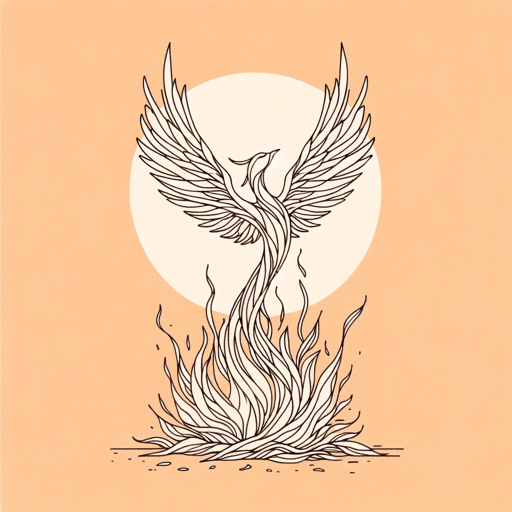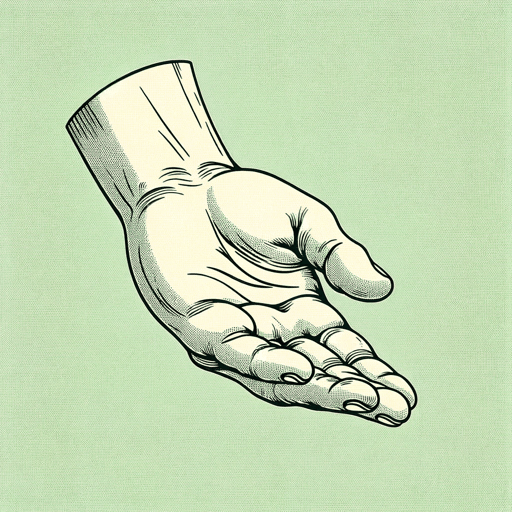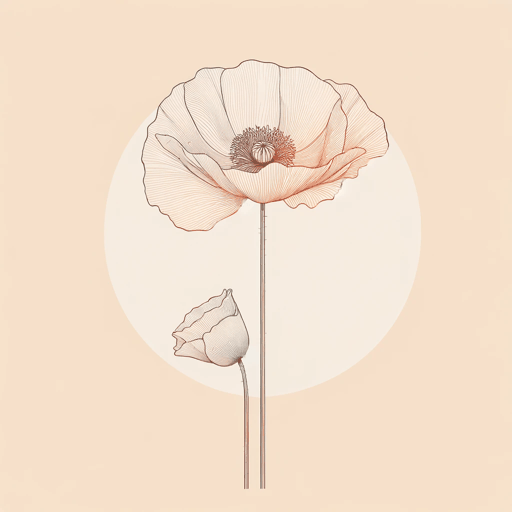29 pages • 58 minutes read
Sylvia PlathInitiation
Fiction | Short Story | Adult | Published in 1953A modern alternative to SparkNotes and CliffsNotes, SuperSummary offers high-quality Study Guides with detailed chapter summaries and analysis of major themes, characters, and more.
Summary and Study Guide
Summary: “Initiation”
Sylvia Plath’s short story “Initiation” was first published in Seventeen magazine in 1950, when the author was just 18 years old. Plath would go on to write further short stories, dozens of poems, and one novel, The Bell Jar. “Initiation” previews much of her later work, which often features complex heroines confronting questions of Societal Acceptance Versus Independence, Fitting in Versus Standing Out, and the Societal Pressure to Perform Femininity in Set Ways. “Initiation” is told from a third-person limited perspective that allows the reader to know everything that Millicent (the heroine) thinks and sees during a high-stress week of hazing in preparation for her initiation into a high school sorority.
This guide references the version of the story published in Coming of Age: Short Stories About Youth & Adolescence, a 1994 anthology edited by Bruce Emra and published by the National Textbook Company, a division of NTC/Contemporary Publishing Group.
Content Warning: This guide contains references to suicide, self-harm, and depression.
The story begins with Millicent blindfolded and in a sorority girl’s basement. She has completed almost every step of the initiation process and is now only waiting for someone to come and fetch her, but she has privately decided to “revolt”—i.e., to decline the invitation to join the sorority.
Millicent recalls her friend Tracy’s response to Millicent’s invitation to participate in a week of hazing rituals in order to join the sorority. The narrative skips back in time as Millicent and Tracy discuss the trials that Millicent will have to face. Tracy worries joining the sorority will change Millicent. Millicent reassures her that they’ll remain friends but privately believes change is part of life and for the best. Nevertheless, she hopes to help Tracy join the “magic circle” the following year.
All five of the initiates are assigned a “big sister” that they will have to answer to for the remainder of the week; they must also adhere to certain general rules—no lipstick, no curling their hair, etc.—for the entire week. Louise Fullerton, a standing member, informs Millicent that Beverly Mitchell will be Millicent’s big sister and that her initiation will consequently be particularly tough. This makes Millicent nervous and a little suspicious of the sorority’s initiation process, especially because this information follows hard on the heels of Louise informing Millicent that Tracy was not chosen for initiation because she’s “a bit too different” (242). Nevertheless, Millicent arrives at Beverly Mitchell’s (Bev’s) house the next morning to do her chores for her, as Louise instructed. Bev is, in Millicent’s mind, overzealous. She barks orders at Millicent and exclusively calls her “gopher”—the name Millicent and all the other recruits are assigned for the length of the week. It grates on Millicent that the nickname erases her individuality, but she carries Bev’s books as instructed as they walk to school. They stop at a drugstore where the other sorority girls and initiates have gathered, and the sorority members decide to make the initiates dance the Charleston and sing the rest of the way to school.
Because the initiates are not allowed to talk to boys outside of the classroom, the sorority girls ask popular and good-looking boys like Herb Dalton to bait the initiates into breaking the rule. When Herb Dalton approaches Millicent, Millicent assumes this is what is happening. Bev soon warns him off, but he insists that Millicent “keeps such an attractive silence” (245).
After school, Bev and Millicent take a bus to Lewiston Square, where the sorority girls plan to have the initiates stage some sort of performance. On the bus, Bev scolds her for even smiling at Herb and commands her to ask every passenger what they ate for breakfast. At first, Millicent is nauseous at the thought, but soon it becomes a sort of game that the passengers appear to be in on. Finally, she approaches a small man who reminds her of a “gnome,” and he answers her query with “heather birds’ eyebrows on toast” (246). In response to her confusion, he tells her a story of mythical birds who are purple and love to sing and fly in the sunshine. Millicent laughs and they continue their conversation for a short while until the bus pulls into the station.
After this interaction, Millicent feels immune to the hazing rituals. She revels in the opportunity to ask complete strangers silly questions, and she loves the way people open up to her once she shows an interest in them; she feels connected to humanity as a whole. She talks with another initiate, Liane, about the benefits of joining the sorority. Liane mentions that her sister began dating her boyfriend after joining, and Millicent remarks that the sorority sounds like little more than a club.
The final day of the initiation process dawns. Millicent wonders if Herb would have expressed interest in her if she weren’t poised to join the sorority, and she worries about losing Tracy’s friendship. She finds herself thinking about the differences between the “gray-brown” sparrows outside her window and the fabulous purple heather birds. She decides to finish the initiation ritual but to decline the invitation to join the sorority. In this way, she reasons, she will be able to stay “friends with everybody” (247). Back in the present, the sorority girls arrive to fetch Millicent, who feels that she now faces her toughest trial yet but is bolstered by thoughts of the heather birds.
Related Titles
By Sylvia Plath

Ariel
Sylvia Plath

Daddy
Sylvia Plath

Lady Lazarus
Sylvia Plath

Mirror
Sylvia Plath

Sheep In Fog
Sylvia Plath

The Applicant
Sylvia Plath

The Bell Jar
Sylvia Plath

The Disquieting Muses
Sylvia Plath

The Munich Mannequins
Sylvia Plath

Two Sisters Of Persephone
Sylvia Plath

Wuthering Heights
Sylvia Plath

